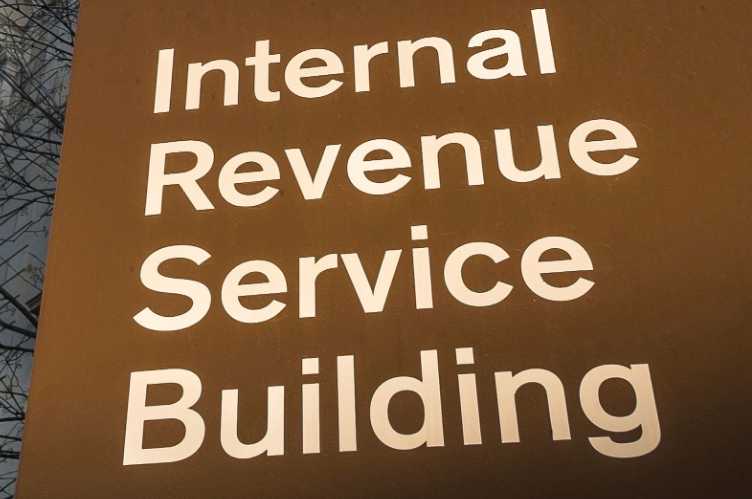 |
Juneau – A recent report from the Department of Revenue shows the state is losing more than a half billion dollars in annual revenue by not enacting the modest 25% tax on oil company profits passed by the House last year. Today, Representative Les Gara (D-Anchorage) released the following statement regarding the role oil taxes play in Alaska’s multi-billion-dollar deficit.
“Asking the most privileged to contribute to fix our deficit is fair. Exempting the wealthiest corporations from chipping in is unfair to working Alaskans, seniors who live on modest means, and all of those who live without great privilege. A 25% tax on company profits is modest. It fairly taxes companies when they are profitable, and would have helped fund basic functions from public safety to senior and disability services to education. It would also relieve pressure on future permanent fund dividends,” said Gara
In 2017 the Alaska House of Representatives passed oil tax reform legislation which would have imposed a modest 25% on corporate profits at current prices. At today’s prices, the Alaska Department of Revenue estimates the bill would have raised $700 million in additional revenue to help close the budget gap. At the lower price previously forecasted by the Department for this fiscal year, the House profits tax would have raised an additional $540 million. The Senate did not agree to any tax reform provisions to raise what the House considered a more fair share for Alaska’s oil revenue, and they did not pass.[xyz-ihs snippet=”Adsense-responsive”]Under current law, generous tax breaks leave Alaska with a vastly lower oil tax rate than that which is charged in North Dakota, Louisiana, and Texas. Under current oil tax law in Alaska, most fields that have come online since 2002, including all fields that come online in the future, enjoy a tax break that, at today’s prices, allows them to pay no production taxes at all for their first seven years of production. Those early years are frequently a field’s highest production years,” said Gara.
Currently, North Dakota, Texas, and Louisiana do not provide similar 7-year production tax holidays. At today’s prices, taxes in North Dakota are 250% greater than in Alaska and Alaska’s royalty payments are also vastly lower than in the Lower 48 States.
“We should work for a fair share of our oil, not a junior share. We should do that so we can fund safe streets, good schools, a strong University, and to relieve pressure on the Permanent Fund.”



![OP/ED:State Invents New Numbers On $ Loss From New Oil Tax Law [signed] Les Gara](https://www.akdemocrats.org/images/signatures/5.jpg)



